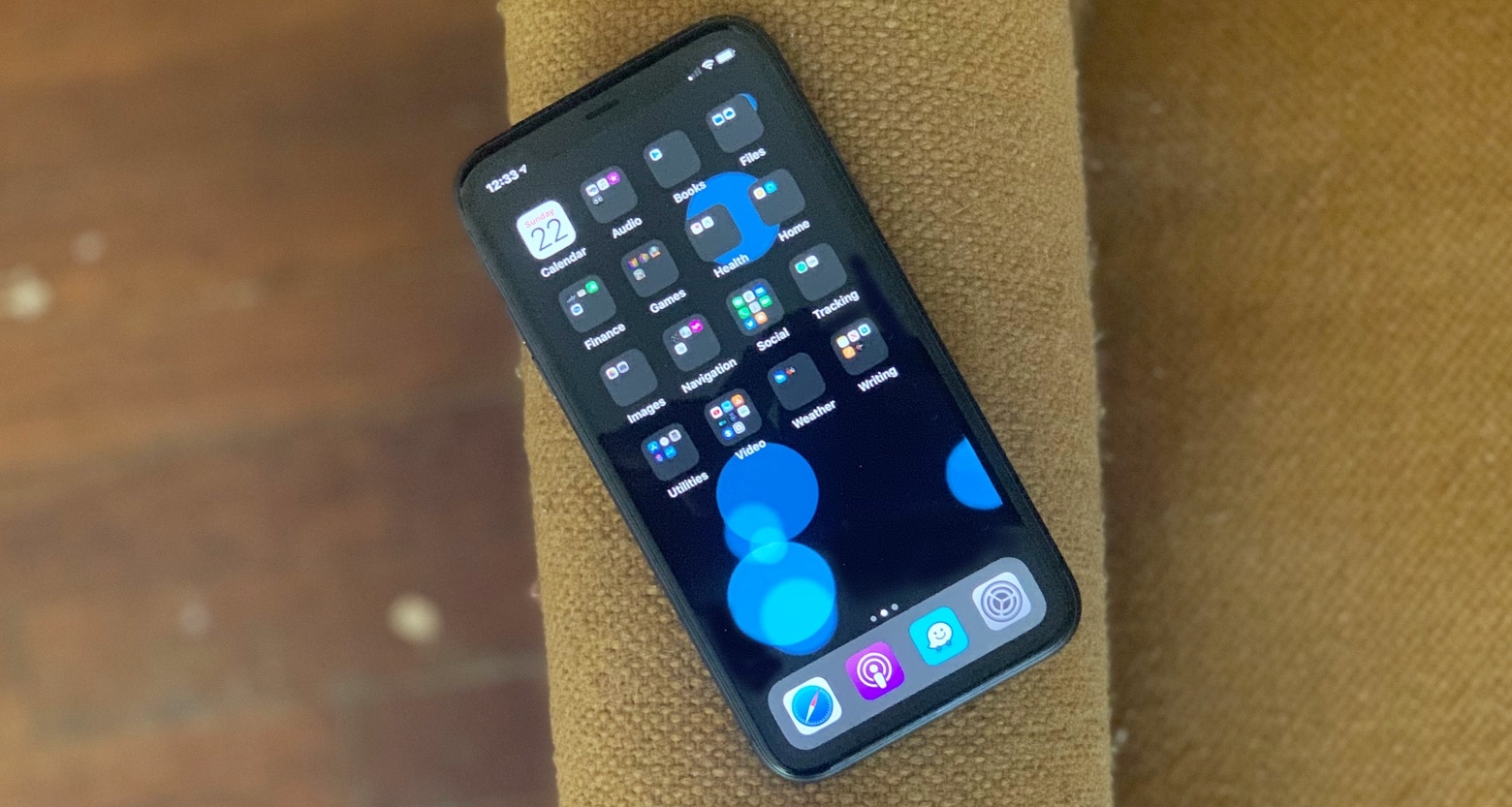iPhones on display in Apple Stores run special software that renders them useless to thieves when removed from a store. Until now, however, we haven’t had a clear glimpse at what this antitheft measure looks like.
That changed over the weekend as one person displayed an iPhone seemingly taken from a looted Apple Store in Philadelphia. Here’s what the message says.
Nah son I swear to god I’d be heated 😭😭😭 pic.twitter.com/RoFxHV1lLm
— josh (apex male) (@onlyfanobtainer) May 31, 2020
The image, posted by Twitter user @onlyfanobtainer, shows an iPhone that appears to have been taken from the store. The screen reads: “Please return to Apple Walnut Store. This device has been disabled and is being tracked. Local authorities will be alerted.”
There are no further details about how exactly the tracking process works, but it’s nonetheless the first time I’ve ever seen this particular message. When iPhones are stolen by thieves from an Apple Store, they are automatically bricked (read: stopped from working) by proximity sensors. This is supposed to stop them from being stolen, since they become useless to the thieves who took them.
In reality, this doesn’t stop iPhones from being stolen from Apple Stores. The thefts unfortunately continue, often with gangs of thieves entering stores and then grabbing iPhones and making a getaway on foot. It is likely that many stolen iPhones get sold for parts. Alternatively, they could be sold as secondhand units to unsuspecting customers.
Are you an Apple Store employee or former employee with any more information about this tracking process? Let us know in the comments below.


